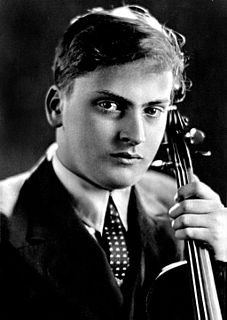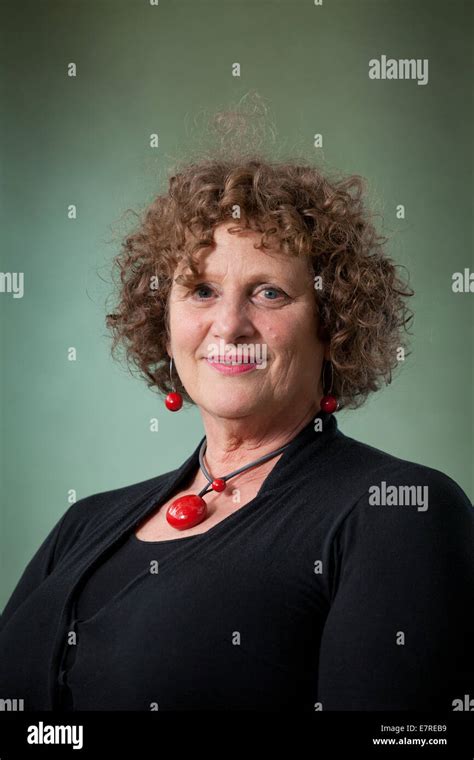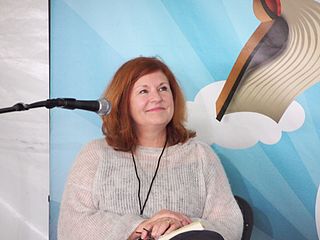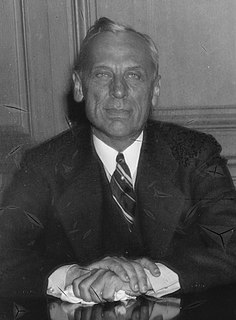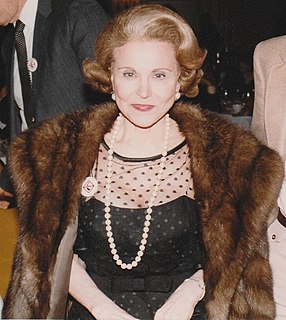A Quote by Christina Stead
Old age is perhaps life's decision about us.
Related Quotes
Never have I enjoyed youth so thoroughly as I have in my old age. In writing Dialogues in Limbo, The Last Puritan, and now all these descriptions of the friends of my youth and the young friends of my middle age, I have drunk the pleasure of life more pure, more joyful than it ever was when mingled with all the hidden anxieties and little annoyances of actual living. Nothing is inherently and invincibly young except spirit. And spirit can enter a human being perhaps better in the quiet of old age and dwell there more undisturbed than in the turmoil of adventure.
And what, you ask, does writing teach us? First and foremost, it reminds us that we are alive and that it is gift and a privilege, not a right. We must earn life once it has been awarded us. Life asks for rewards back because it has favored us with animation. So while our art cannot, as we wish it could, save us from wars, privation, envy, greed, old age, or death, it can revitalize us amidst it all.
Every decision you make - every decision - is not a decision about what to do. It's a decision about Who You Are. When you see this, when you understand it, everything changes. You begin to see life in a new way. All events, occurrences, and situations turn into opportunities to do what you came here to do.
As scientists have discovered - or perhaps explained is a better word, or perhaps identified - we now live in the age of the Anthropocene. The geologic age of the Anthropocene. Those high priests of material evidence have given us our own epoch like the Holocene, the Pleistocene! Apparently we now, it seems, have superhuman powers.




